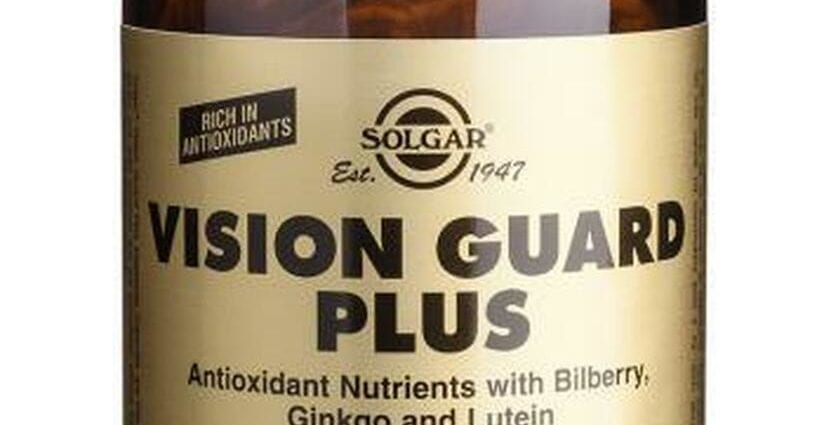Contents
It is a well-known fact that for sight it is necessary to eat carrots – we know from childhood. People who are visually impaired or have any kind of eye disease will confirm that a healthy diet for vision is not limited to one carrot.
Vitamins and trace elements for vision
Our eyes need vitamins A – improves visual acuity, C – improves tone and microcirculation in the tissues of the eye, E – is useful against lens clouding, group B – improve the functioning of the optic nerve and the absorption of other vitamins, D and omega – protect the retina. And also potassium, which evens the acid-base balance in the body, calcium, which is necessarily a part of all tissues, zinc and selenium, which promotes the absorption of vitamins.
What you need:
Orange vegetables and fruits should actually be present in the diet of those who care about their eyesight. These are oranges, peaches, mangoes, apricots, pumpkins, carrots. They contain lutein and zeaxanthin, essential nutrients to nourish the eyes. And since the reserves of these components decrease with age, they should be replenished in time.
Rich green vegetables protect the cornea from UV damage. These are cabbage, broccoli, spinach, any dark greens.
Foods containing omega-3 polyunsaturated fatty acids – salmon, tuna, sardines. Eating these foods will solve the problem of dry eyes.
Which of the products is harmful to the eyes:
- Salt – Excess salt can cause pressure inside the eyes, as salt retains water in the body.
- Animal protein – can cause an increase in cholesterol, and since the eyes are the thinnest vessels, their blockage can occur in this organ.
- Alcoholic drinks – they first dilate blood vessels, relaxing the eyes, and then sharply narrow, vasospasm is formed. This is especially damaging to the eyes.
- Various food additives, preservatives that are added to carbonated drinks, sweets and sausages.










